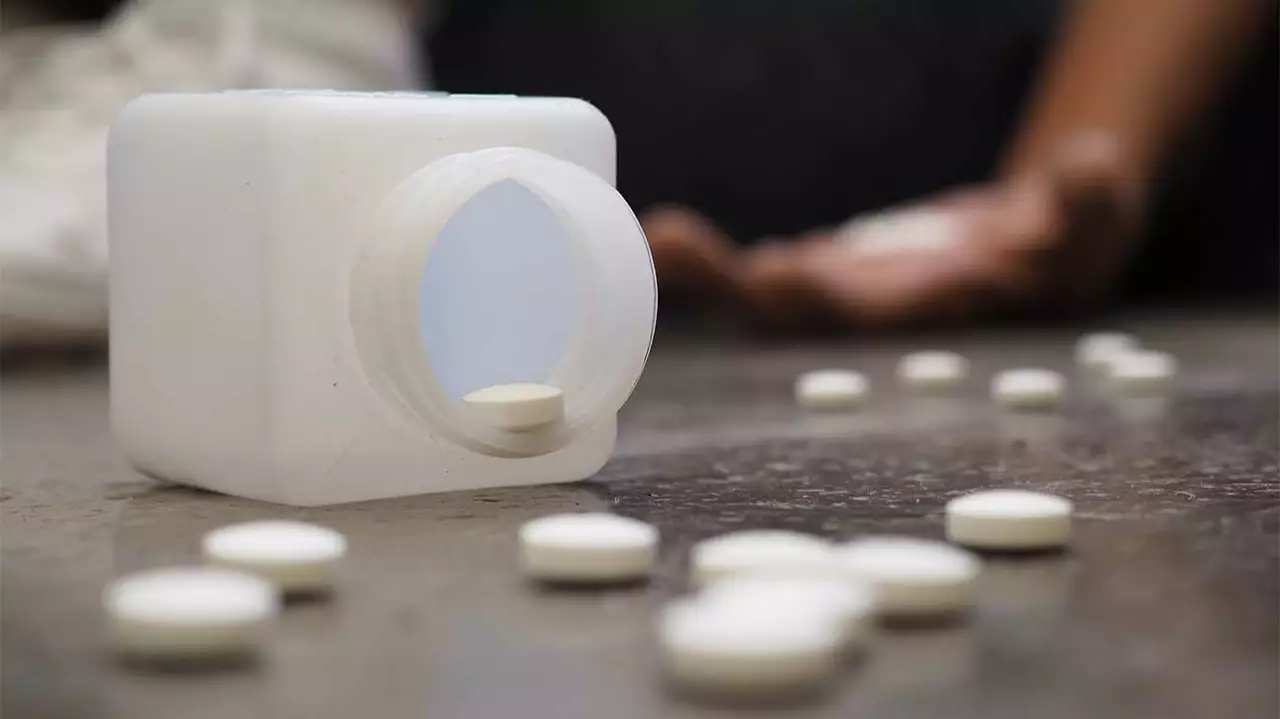Divalpreox Overdose – What Happens and How to Respond
If you or someone you know takes too much divalproex, the situation can turn serious within minutes. Divalproex is a form of valproic acid used for seizures, bipolar disorder, and migraine prevention, so an excess floods the body with the drug’s active ingredient.
Recognizing an Overdose
The first clue is often gastrointestinal upset – nausea, vomiting, or stomach pain. Watch for sudden drowsiness, confusion, or trouble staying awake. Some people develop a rapid heartbeat, low blood pressure, or breathing that feels shallow. In severe cases the skin may turn pale and you might see tremors or seizures.
Symptoms usually appear within 30 minutes to an hour after the extra dose, but they can linger longer if the liver is already stressed. If the person has a history of liver disease, the toxicity can be worse, so any sign of yellowing eyes or dark urine needs immediate attention.
Emergency Steps & Treatment
The safest move is to call emergency services right away – tell them it’s a divalproex (valproic acid) overdose and give the amount taken if you know it. While waiting, keep the person lying on their side to prevent choking if they vomit.
Do NOT try to make them vomit unless a medical professional specifically advises it. If the person is conscious and able to swallow, you can give them activated charcoal (usually 50 g) – this binds the drug in the stomach and limits absorption.
In the hospital, doctors may start an IV line, monitor heart rhythm, and check blood oxygen levels. They often give a bolus of saline fluids to support blood pressure and may use a medication called L‑carnitine to protect the liver. If blood tests show extremely high valproic acid levels, dialysis can be used to pull the drug out of the bloodstream.After the acute phase, follow‑up care includes checking liver function, kidney health, and mental status. The prescribing doctor will likely adjust the regular dose or switch to a different medication to prevent future mishaps.
Prevention is simple: always store divalproex out of reach of children, use a pill organizer, and never double‑dose because you missed a previous one. If you’re unsure about your dosage, ask your pharmacist for a clear written schedule.
Remember, an overdose is a medical emergency – quick action can mean the difference between full recovery and lasting damage. Keep this guide handy, share it with family members who take the drug, and don’t hesitate to call for help if anything looks off.

Understanding Divalproex Overdose: Signs and Treatment
As a blogger, I recently explored the topic of Divalproex overdose, and I'd like to share some key takeaways with you all. Divalproex is a medication used to treat seizures, bipolar disorder, and migraines, but an overdose can be dangerous. It's crucial to recognize the signs of an overdose, which may include drowsiness, rapid eye movement, and irregular heartbeat. If you suspect an overdose, seeking immediate medical help is essential. Treatment options might involve stomach pumping or the administration of activated charcoal to minimize drug absorption.